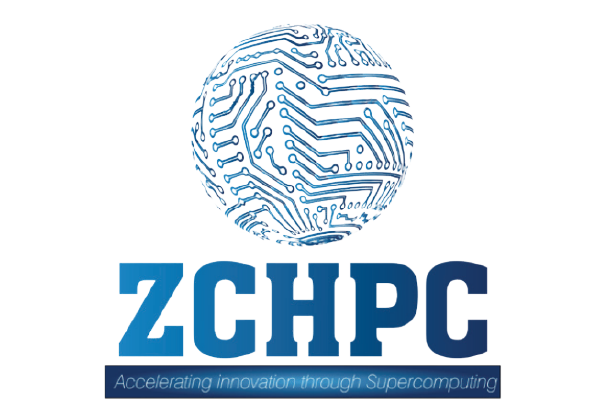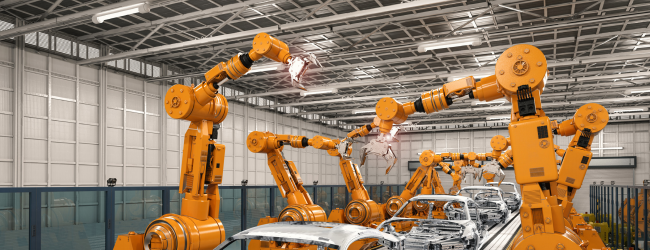Enterprises derive competitiveness from digitally modelling components and assembling products without having to create multiple physical prototypes. Linking HPC with product design and production radically increases innovation, improves quality and decreases time and cost. HPC has traditionally been used for pre-manufacturing simulation or a post manufacturing quality verification standpoint; the frontier is leveraging HPC by embedding it into manufacturing control systems. Moreover, the ability to identify and resolve potential defects in real-time in manufacturing processes tremendously reduces defects, allowing quality to be “built into” the system.
The ZCHPC offers its services to facilitate planning and architectural drawings, development of prototypes to ease production in the industrial sector using HPC.
a. Mechanical Engineering
Mechanical engineering involves the research, design, manufacture, and testing of all kinds of mechanical things such as tools, engines and machines. Since mechanical engineering involves research and design of new machinery, tools and engines. The use of HPC has proved to be vital hence it handles most of the complex simulations and modelling of the new products being researched by the engineer resulting in increased efficiency and reliability. ZCHPC partners with local universities that offer mechanical engineering in order to produce engineers who are innovative with the use of HPC in designing machines, tools and engines.
b. Automation and control engineering:
This is a multidisciplinary field which involves mechanics, electronics, information technology, computing, applied mathematical modeling, instrumentation, systems control, production control and planning and automation. Users work mainly on the interface between a company’s production system and management system, planning, designing and implementing process control systems and industrial production control systems, usually focusing on the automation of industrial methods and equipment. The broad training they receive allows them to work or specialize in any of these areas. With the technical, scientific and technological knowledge they acquire on the program, automation and control engineers will be able to keep abreast of the rapid technological developments currently taking place in all sectors of engineering.
Users will get ZCHPC services on automating data collection using digital devices such as sensors and cameras. Data collected can then be analyzed using High Performance Computing available at ZCHPC. Using ZCHPC resources, you acquire preciseness on automation and control systems. Circuit simulation and modeling is applicable before actual implementation.
c. Chemical Engineering
Chemical Engineering involves the changing of raw materials into products by the application of the principles of science and engineering. ZCHPC plays an important role in chemical engineering industries through designing new and better products in less time. High Performance computing systems are being used to explore and simulate how materials react in different environmental conditions.
d. Structural Engineering
HPC in structural engineering involves the planning, analysis and design of infrastructure so as to be able to resist predetermined loads and forces. The ZCHPC is available whenever there is need of the complex analysis of such structures as mentioned above.
e. Manufacturing and Production Engineering
The manufacturing or production engineering’s primary focus is to turn raw material into an updated or new product in the most effective, efficient & economic way possible. HPC usage by the Manufacturing Industry improves industrial development in Zimbabwe, that is benefits of cost cuts are realized from the reduced number of required prototypes before the final product. Product prototypes are easily tested for quality and durability by changing variables under a computer simulated environment before production. This process requires high computing power which can be offered by the ZCHPC.
f. Electronic Engineering
Simulation and modelling in electronic engineering is vital and the calculations involved are complex, with the help of a supercomputer they can be done timeously.
HPC is applicable in power systems for problem decomposition, the parallelization of linear algebra operations, along with the parallelization of many other algorithms and their implementation on unique and evolving technologies including grid, multicore, and GPU computers.


